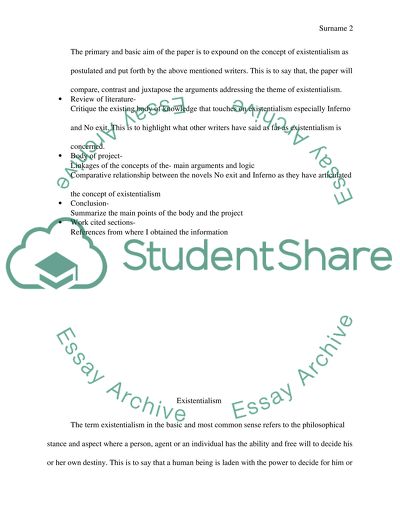Cite this document
(“Existentialism Essay Example | Topics and Well Written Essays - 1250 words - 5”, n.d.)
Existentialism Essay Example | Topics and Well Written Essays - 1250 words - 5. Retrieved from https://studentshare.org/literature/1668717-existentialism
Existentialism Essay Example | Topics and Well Written Essays - 1250 words - 5. Retrieved from https://studentshare.org/literature/1668717-existentialism
(Existentialism Essay Example | Topics and Well Written Essays - 1250 Words - 5)
Existentialism Essay Example | Topics and Well Written Essays - 1250 Words - 5. https://studentshare.org/literature/1668717-existentialism.
Existentialism Essay Example | Topics and Well Written Essays - 1250 Words - 5. https://studentshare.org/literature/1668717-existentialism.
“Existentialism Essay Example | Topics and Well Written Essays - 1250 Words - 5”, n.d. https://studentshare.org/literature/1668717-existentialism.


